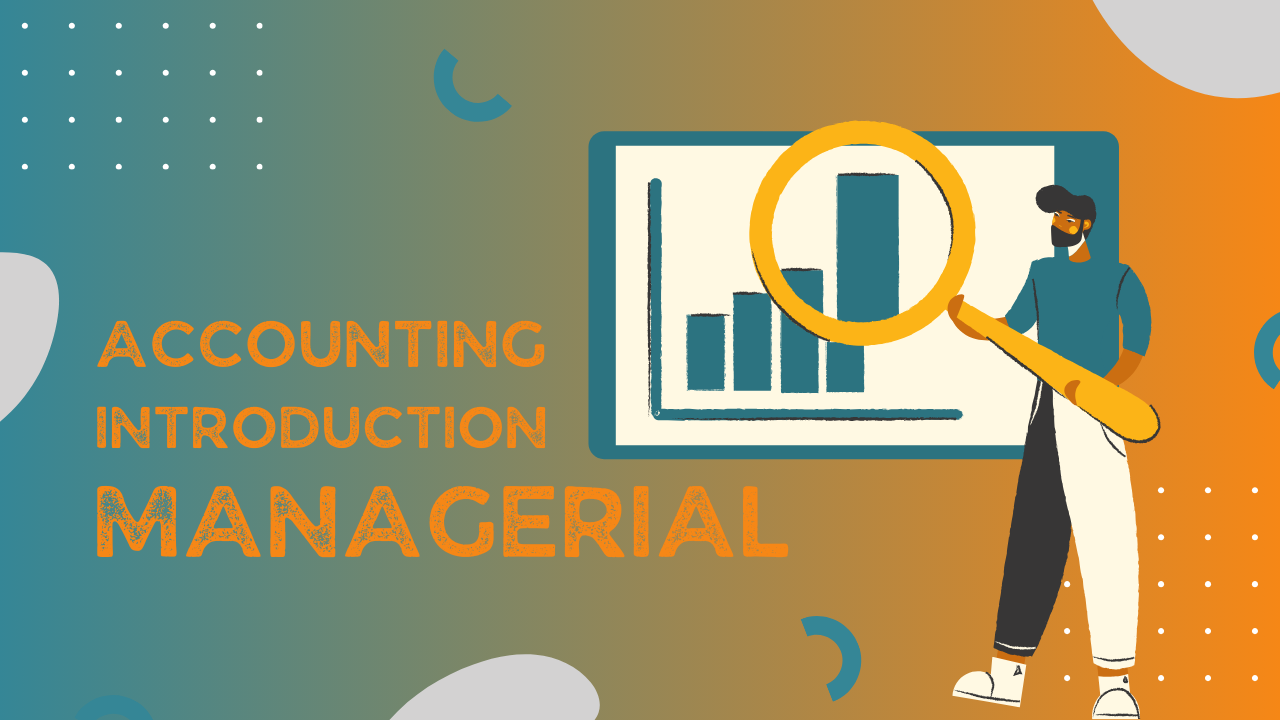Introduction to Managerial Accounting (and terminology)
Managerial Accounting- the act of providing accounting information to people within the company (internally). This helps managers make plans and decisions within a company.
See “Financial Accounting” to learn how accountants give information externally
Cost Concepts
There is a lot to cover in managerial accounting, and the foundation of managerial accounting is in the different types of “costs” associated.
Manufacturing Costs
There are 3 types of manufacturing costs, direct materials, direct labor and manufacturing overhead.
Direct Materials
Direct Labor
Manufacturing Overhead
Direct materials are the raw materials that can be easily traced to specific products/objects.
This could be something like the erasers or graphite in a pencil.
Direct Labor are the labor costs that can be easily traced to specific products/objects.
This could be the workers who assemble the pencils.
Every cost that is responsible for directly making a product, other than Direct Materials and Direct Labor is considered Manufacturing Overhead. This could include indirect materials/labor.
Non-Manufacturing Costs
There are 2 main non-manufacturing costs, selling costs and administrative costs.
Selling Costs
Administrative Costs
Selling costs are all costs required in order to secure an order/sale and deliver it to the customer. This could be salesmen, delivery drivers, and more.
Administrative Costs are all the costs required for the management and functionality of the company, such as accountants, managers, HR, CEO and more.
Financial Statement Costs
There are 2 types of costs that you will find on financial statements. Product costs, and period costs.
Product Costs
Period Costs
All costs that are required for getting/making a product. This includes manufacturing costs like direct materials, direct labor and manufacturing overhead.
Period costs are all costs that are not considered product costs. This includes non-manufacturing costs like selling and administrative costs.
Fixed and Variable Costs
Fixed costs are costs that will always remain constant, no matter how much of a product you make/use.
Variable costs are costs whose total changes based on how much of product you make/use. This will usually go upwards at a proportional rate to activity.
Mixed Costs are costs that are a mixture of fixed and variable costs. You can imagine this as $ (total cost) = $5x (per unit) + $10 (fixed cost)
Decision Making Costs
There are many costs that go into decision making, including costs discussed earlier. However, there are a few costs that are particularly important.
Differential Costs are costs that are different between options (alternatives). If you need pineapples and Store A charges $5 and Store B charges $7, this is a differential cost.
Similar to differential costs, differential revenue changes between different options/alternatives. Such as if you are selling Product A for $10 and Product B for $15, this is a differential revenue. Note, when comparing differential costs and revenue, although not required, it is standard for the options to be as similar as possible.
Opportunity costs are the potential “benefits” given up when choosing between options. If you are choosing new materials for your product and Material A is $5 more than your current material then your opportunity cost would be $5 as it would be the benefit given up. Note, this is not limited to money, opportunity costs can range from all sorts of things.
Sunk costs are costs that have already happened and no matter what you choose between your options/alternatives, you cannot change the cost that has happened. This could be like buying food for your employees before choosing where to go, you already spent the money and cannot get that back (most likely).
Learn More About Managerial Accounting
Learn more about managerial accounting here
See Outside Articles on Managerial Accounting
https://en.wikipedia.org/wiki/Management_accounting
https://corporatefinanceinstitute.com/resources/accounting/managerial-accounting
Sources
Much of the information in this is from “Financial Accounting, Sixth Edition” from David Spiceland, Wayne Thomas, and Don Herrmann.
Please note, that this is NOT copied information, but much of what I am stating can be considered a “summarized version” of the information in this book.






